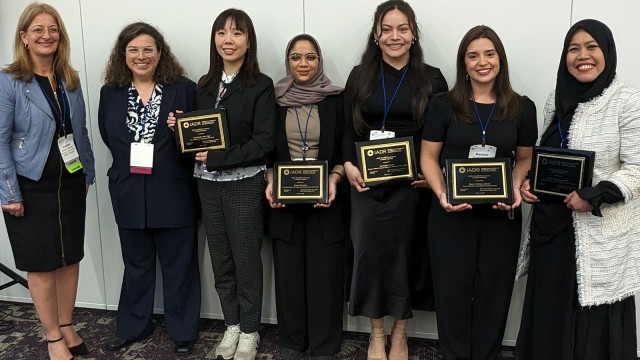Contact Kulzer International
A doctorate in dentistry - what next? Tips from experts in science and industry
It doesn't necessarily have to be a dental practice - what career options are open to young scientists after their doctorate? What opportunities do science and industry offer them? Experts from industry and academia provide tips that they shared with budding dentists and materials scientists at the Continental European Division (CED) IADR Oral Health Research Congress in Geneva. An important question at the workshop "Academia or Industry – life after Phd", especially for the predominantly female participants: What gender-specific challenges do they face?
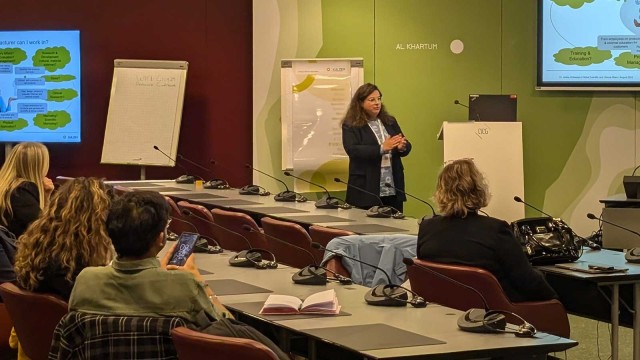
Dr Janine Schweppe, dentist and Head of Scientific & Clinical Affairs at Kulzer, and Professor Arzu Tezvergil-Mutluay from the University of Turku (Finland) were on hand to answer questions from young scientists who are currently completing their doctorates or conducting post-doctoral research at universities.
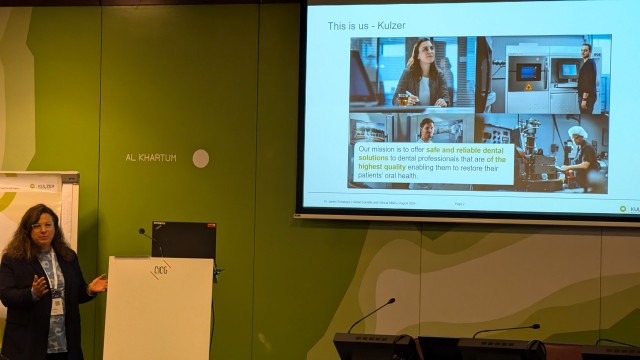
Many opportunities for dentists in the industry
The insight into the industry was of particular added value for the participants: "There are various opportunities in the industry that many people don't know about," says Dr Janine Schweppe, who used the example of Kulzer to show that dentists have long been working not only in research and development but are needed in many different areas – from Product Management to Product Trainers to Regulatory.
At least half of the participants have already thought about working in the industry. What is important then? Dr Janine Schweppe gave insights – also from her own career path – into everyday working life and tips on how to network with the industry as much as possible in order to explore job opportunities. "The most important thing is to seek contact with people who hold a position you are interested in and to network with them, for example via LinkedIn; congresses, trade fairs and training courses are also a good way to establish contact with the industry," says Dr Janine Schweppe. Organisations such as "Young-CED*" and their offers are also great opportunities to network.
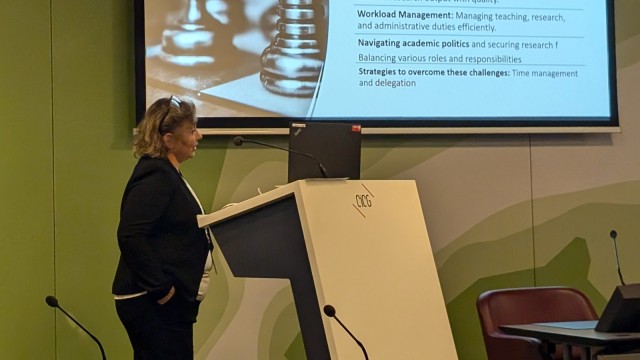
Navigating an Academic Career: Insights from Prof. Arzu Tezvergil-Mutluay
Drawing from her extensive experience, Prof. Arzu Tezvergil-Mutluay shared essential insights for building a successful academic career. She explained that academia often combines research, teaching, clinical work, and administrative responsibilities, making it critical to set clear research priorities and find a mentor who can provide guidance and support. Developing a focused research agenda and building a strong publication record are both key to career progression. “Spreading oneself too thin across multiple topics can give the impression of a lack of focus or organization,” she noted.
Prof. Tezvergil-Mutluay also highlighted the importance of networking and cultivating soft skills to succeed in the academic world. For postdoctoral researchers, she recommended broadening their expertise by collaborating with different research groups, gaining exposure to diverse test methods and research approaches. While acknowledging the challenges of academia, she emphasized its unique rewards, including intellectual freedom, flexibility, and a dynamic learning environment that encourages creativity.
Challenges for Women in Academia
Addressing the predominantly female audience, Prof. Tezvergil-Mutluay discussed the specific challenges women often face in scientific careers. While academia can be demanding, it also presents opportunities for flexibility, including the potential for adaptable working hours. However, despite some progress in certain regions, women remain underrepresented in scientific leadership, limiting the number of role models available. Scandinavia has made significant strides in supporting women in science, yet representation remains low in other parts of the world.
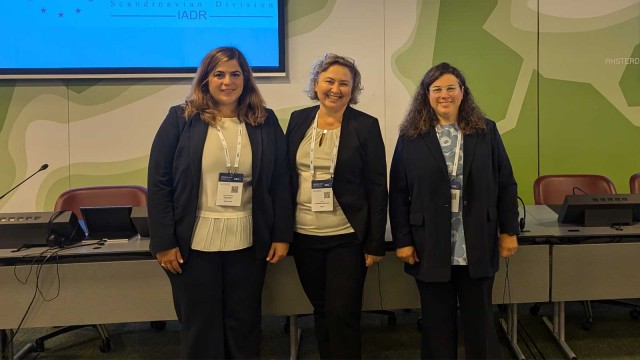
One of the key challenges, particularly for women, is balancing academic responsibilities with family life. Prof. Tezvergil-Mutluay, a mother of three, underscored the importance of a supportive network. “You need a network that supports you,” she said, stressing that sharing responsibilities at home is essential. “Partners must step up to help distribute care work, enabling women to participate fully in crucial international conferences.” She added that time management and strong organizational skills are essential to maintaining this balance.
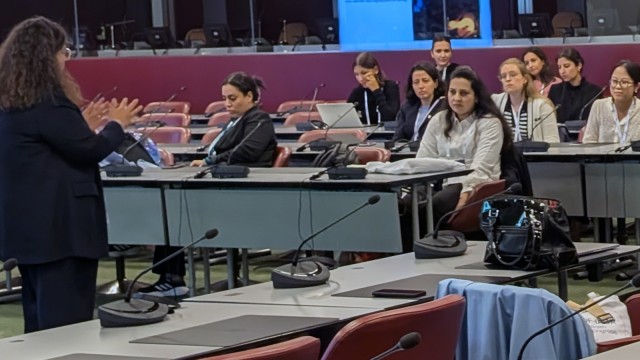
Kulzer is keen to promote young scientists
The exchange was very valuable for the participants, as the feedback showed: "They really appreciated the insights, as several of the participants stated that they had never had the opportunity to find out about the various career paths, and in particular that they had had almost no information about working in the industry," says Dr Janine Schweppe, who is very passionate about promoting young dentists and is particularly committed to supporting them in her position as Head of Global Scientific and Clinical Affairs. Kulzer promotes the scientific visibility of young researchers, particularly with awards such as the IADR/Kulzer Travel Award.
*The "Young CED" is part of the Continental European Division (CED) of the International Association for Dental Research (IADR) and supports young scientists up to the age of 40 who want to establish themselves in dental research.
Leave a comment

-
Manager Corporate Communications
-
Bettina Link
- More blog posts


